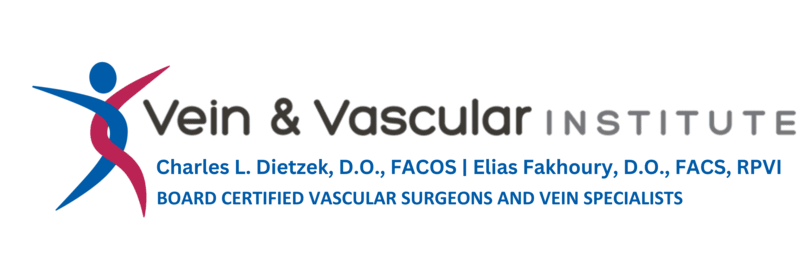Drinking the recommended amount of water each day won’t just help satisfy your thirst, it can also prevent you from developing various vein problems. Learn more about why it is so important that you improve your vein health by drinking enough water each and every day.
Table of Contents
ToggleHow Does Drinking Water Help Keep Your Veins Healthy?
Drinking plenty of water helps to improve your vein health in two ways: improving the overall circulation of the blood by thinning it and strengthening the muscles that support your veins.
When you are properly hydrated your blood tends to be thinner. Thinner blood is not only easier for your body to circulate, but it is less likely to clot. Both poor blood circulation and blood clots can cause you to experience a number of painful problems such as varicose veins or deep vein thrombosis (DVT).
Avoiding dehydration by staying properly hydrated will also improve the strength of the muscles that support your veins. Your veins rely upon strong muscles to provide additional support when they encounter high pressure from the blood that circulates throughout your body. If the muscles are not strong enough to provide support to the veins when faced with high pressure, the veins will start to weaken and collapse. If left weakened and collapsed, you could develop vein disease.
How Much Water Should You Drink?
The amount of water you need to drink on a daily basis is not set in stone and it varies from person to person. Everything from your activity level or where you live to your height and weight can influence how much water you need to drink on a daily basis.
In order to stay properly hydrated, it is recommended that everyone aim to try and drink at least 8 ounces of water every 2 hours. This recommendation is given because it is easy to remember and it keeps almost everyone properly hydrated.
Other Tips that Help Improve Your Vein Health
Staying hydrated is just one of the many things you can do to improve the health of your veins. Other things you can do include:
- Staying active by exercising for at least 60 minutes a day
- Get up and briefly walk around every hour so you aren’t sitting or standing for too long
- Eat a well-balanced diet that is low in sodium, packed with fiber, and filled with vegetables and fruits
If you suspect you are experiencing vein problems as a result of dehydration, call Vein & Vascular Institute today to schedule an appointment to speak with a vein specialist. Our specialist will help you choose the best vein treatment for your unique situation. Some treatment options that may be available to you include non-invasive procedures, such as laser therapy, VenaSeal, and ClosureFast, as well as vein surgery.
Call our office today to schedule an appointment.
